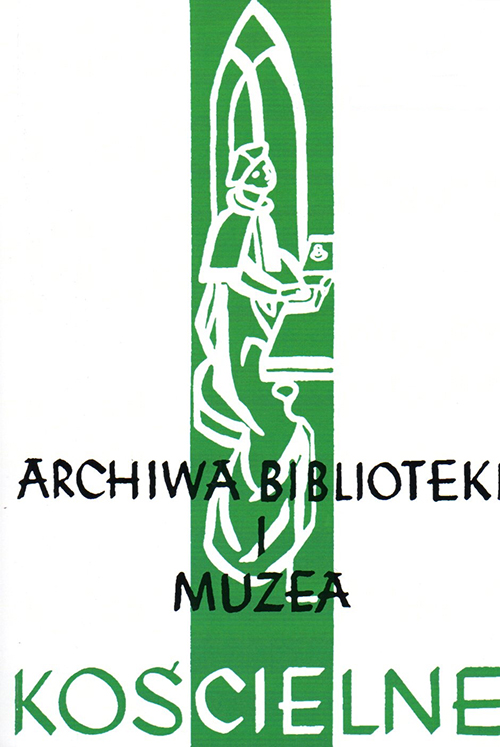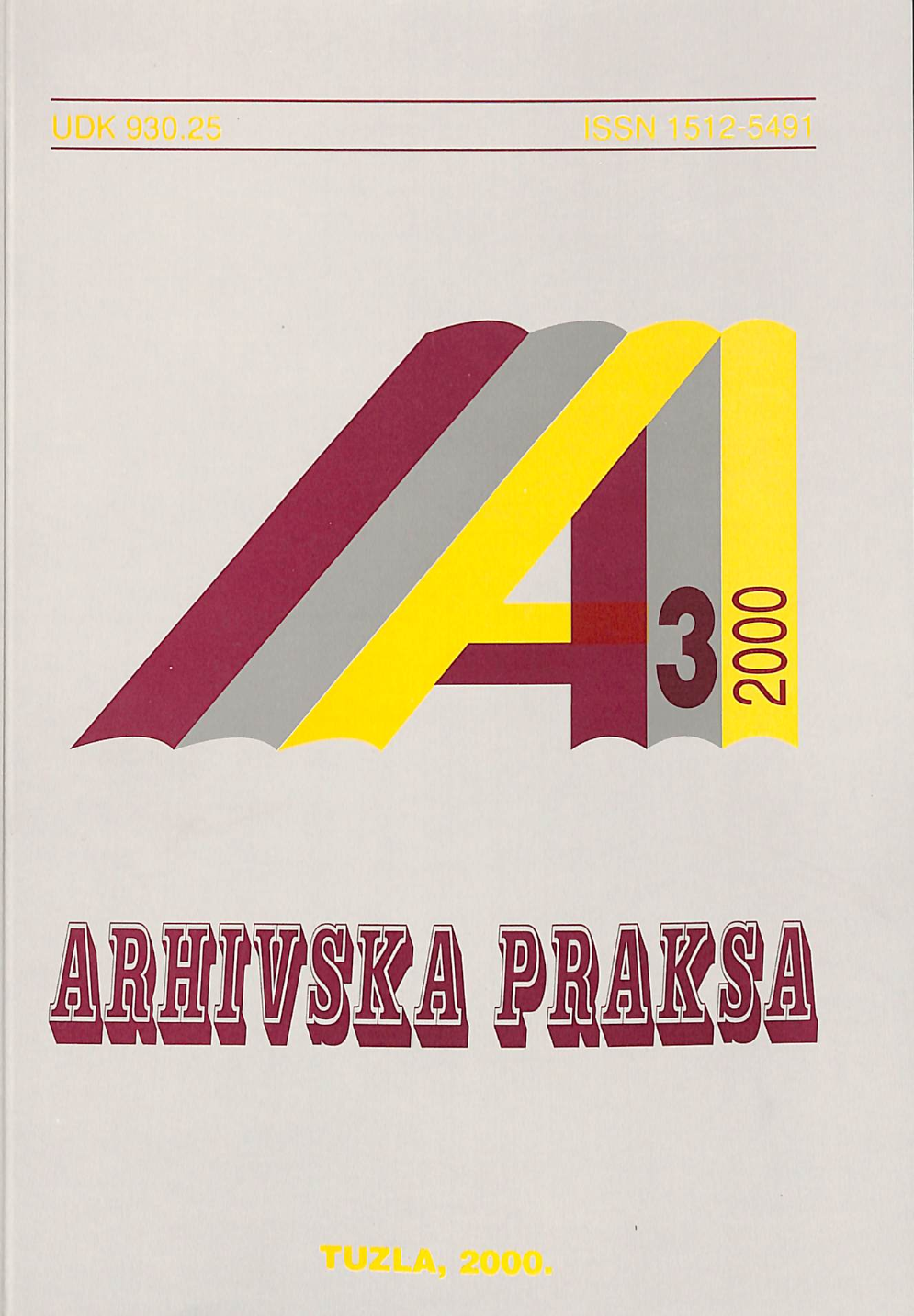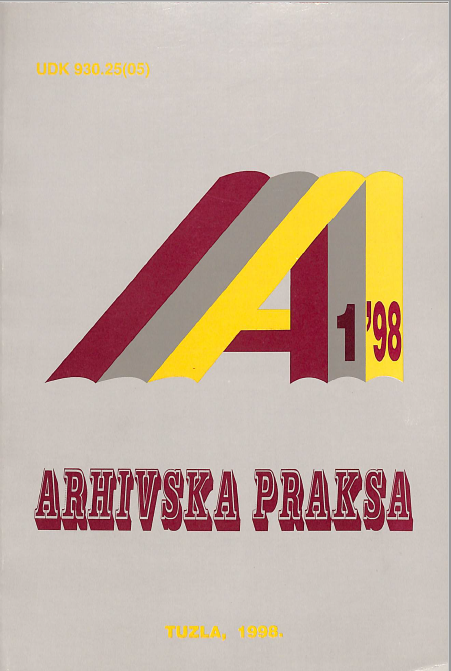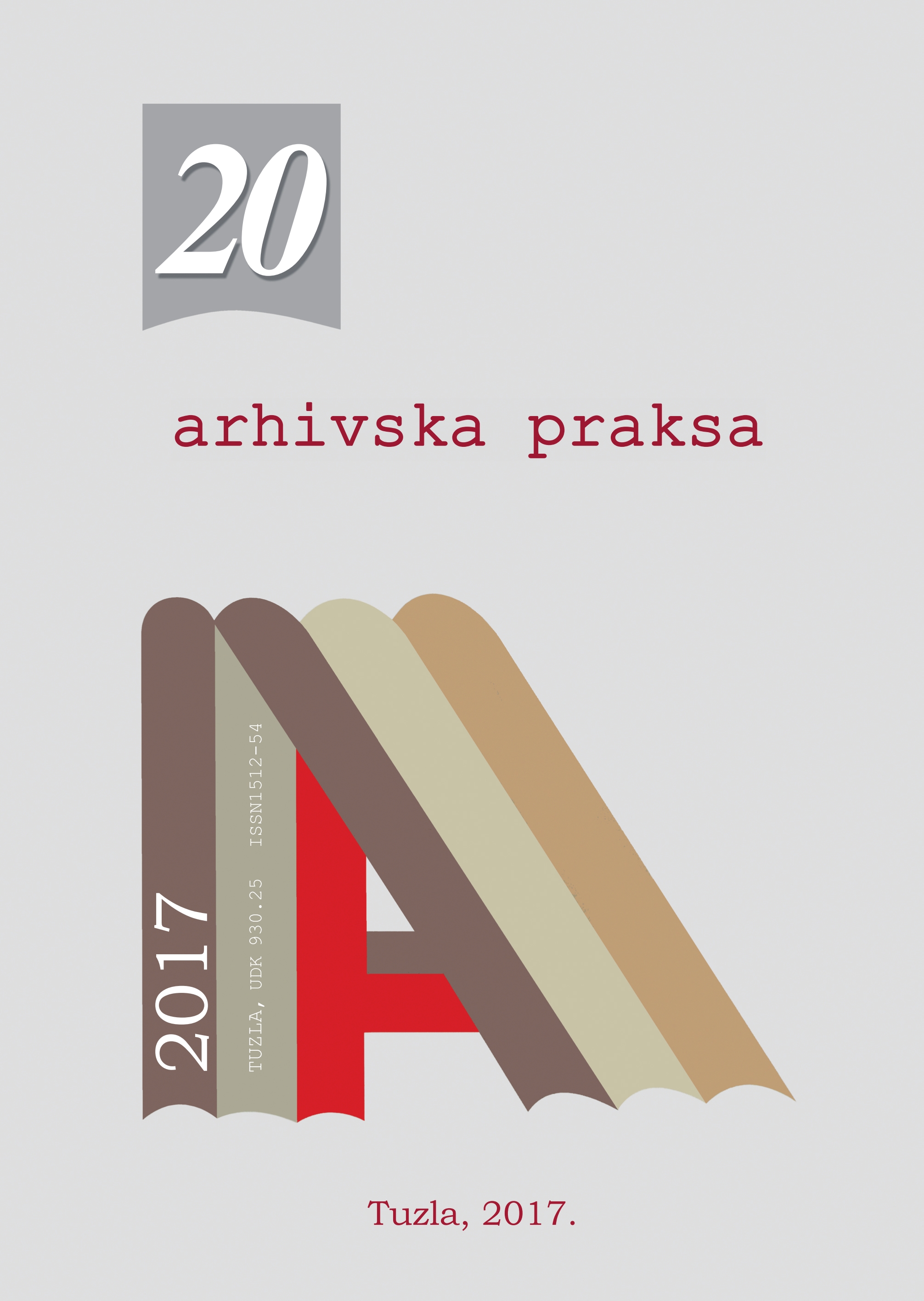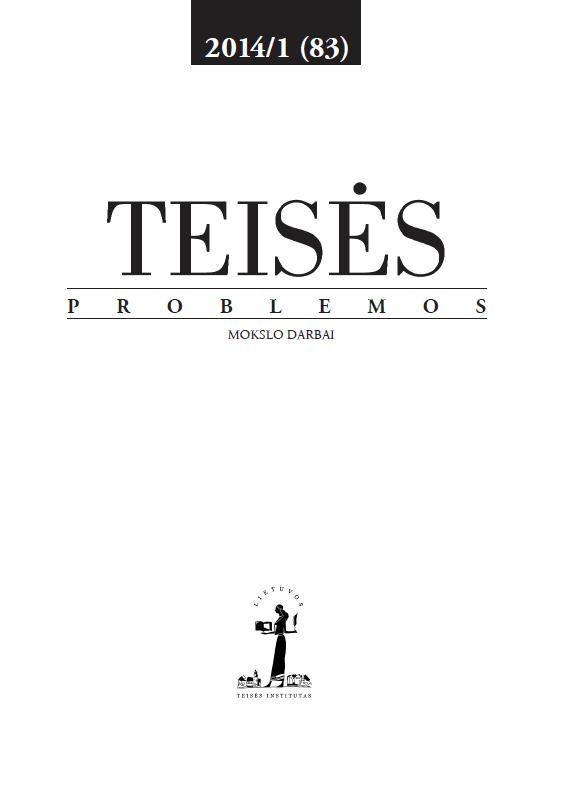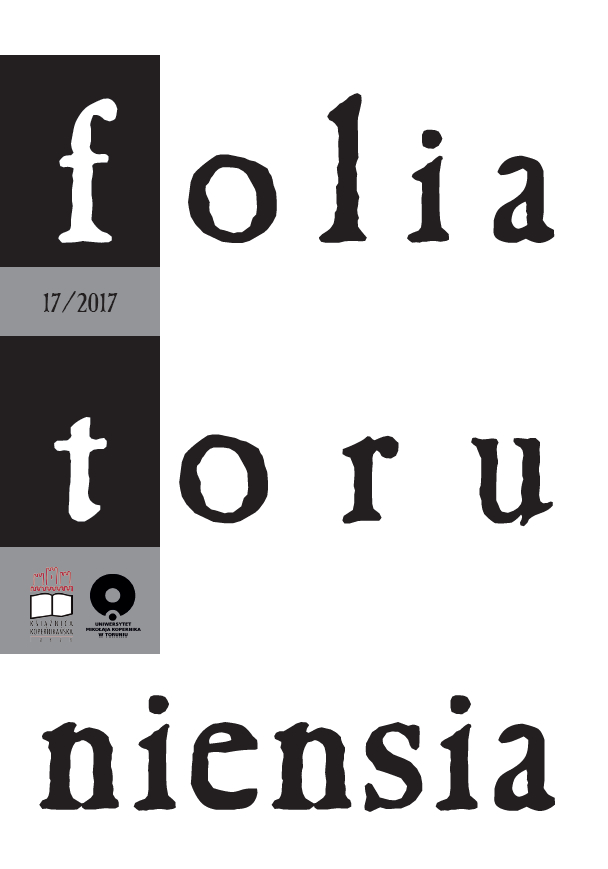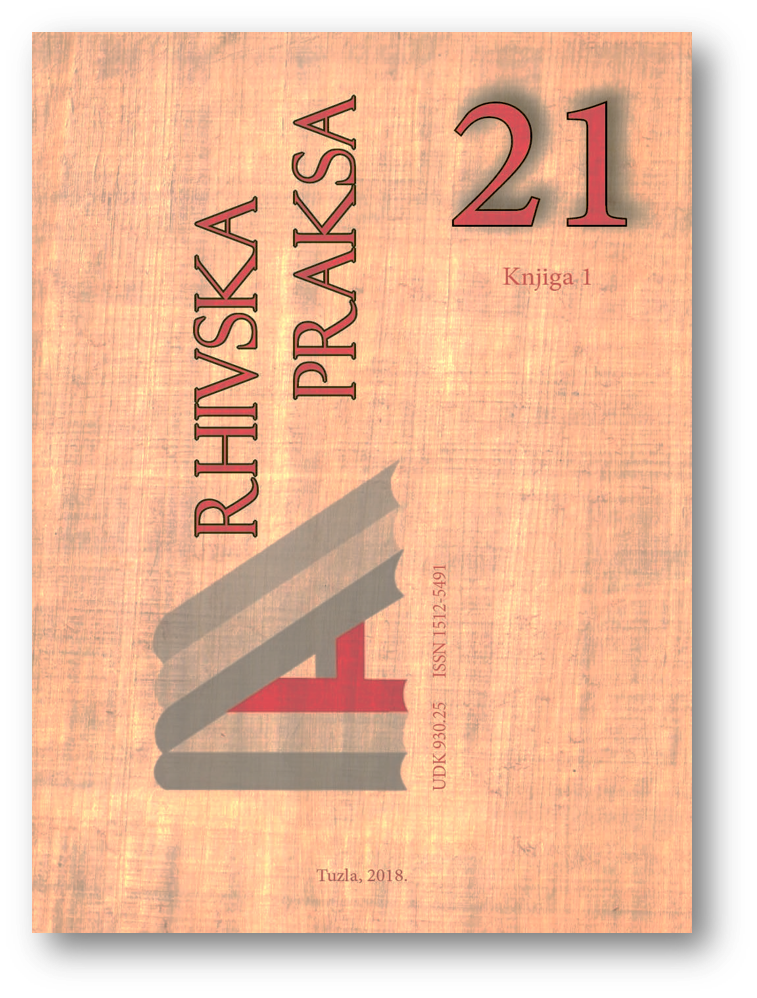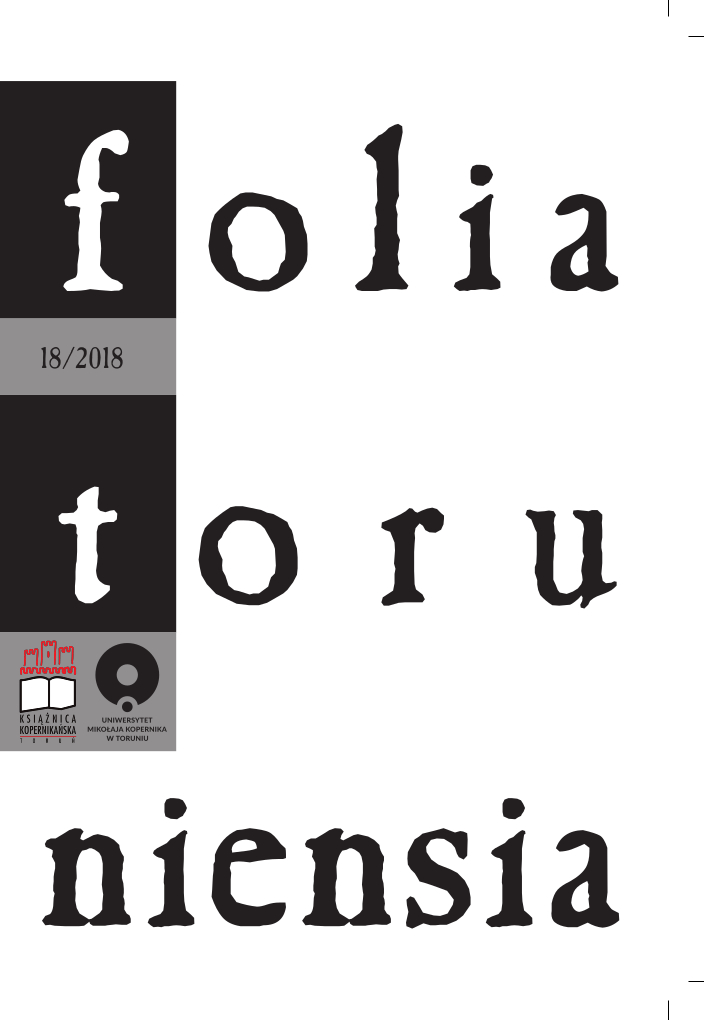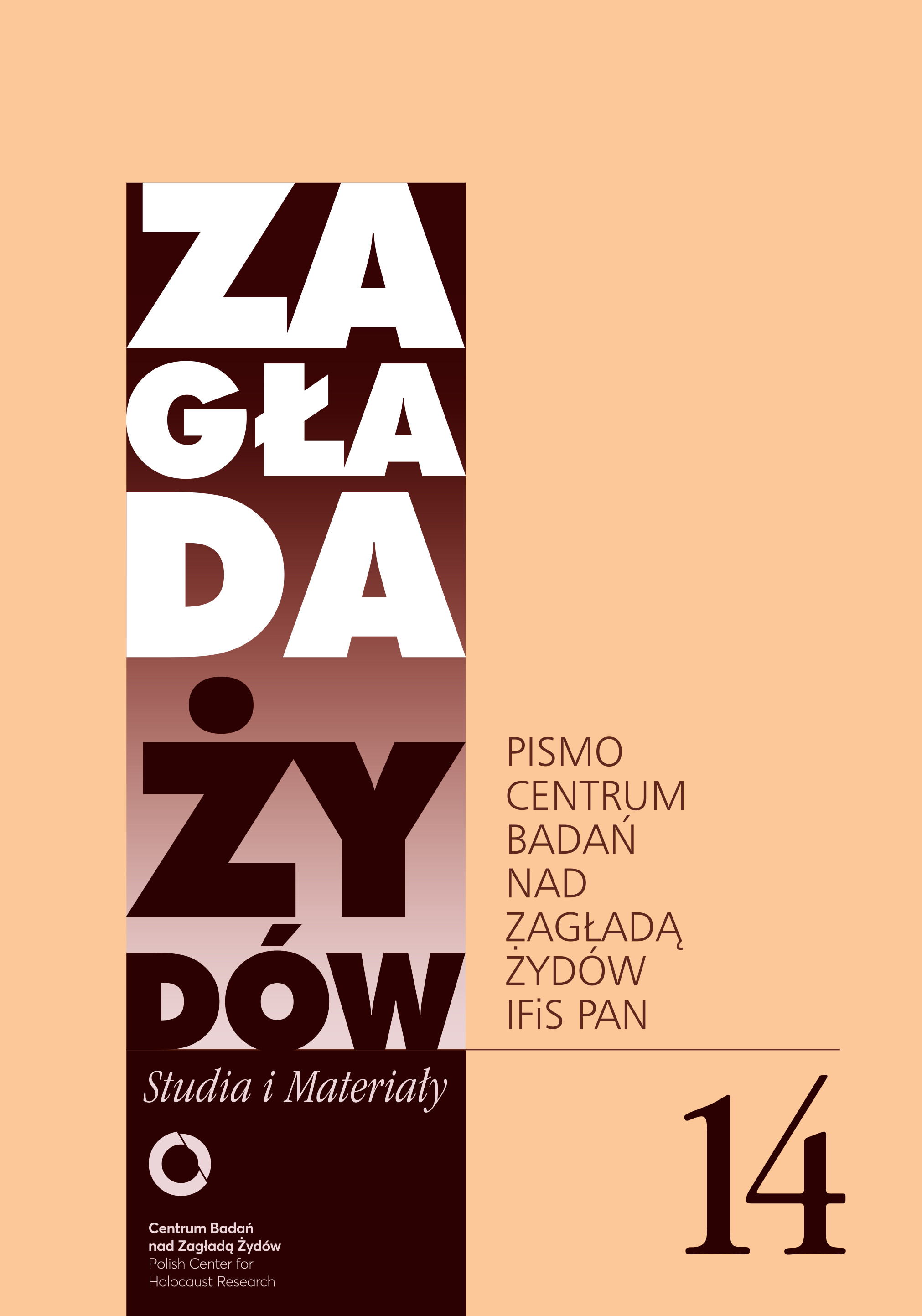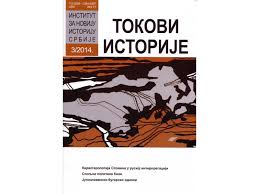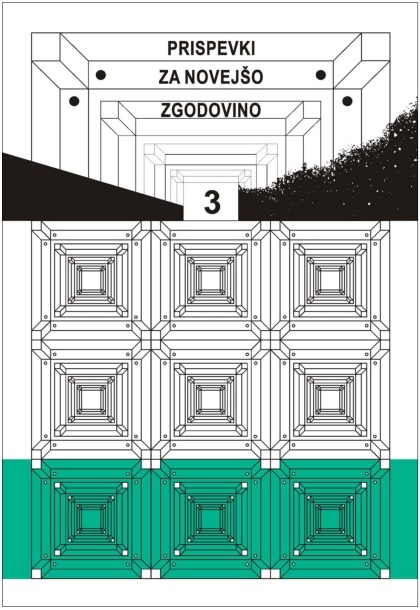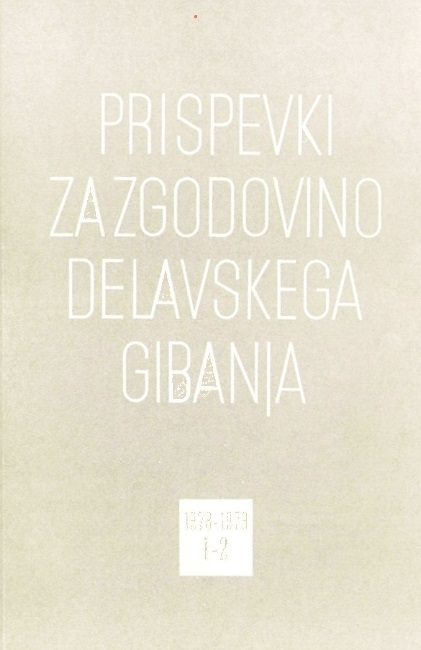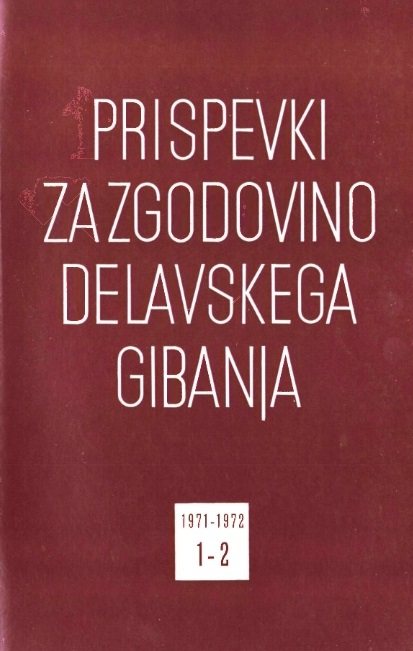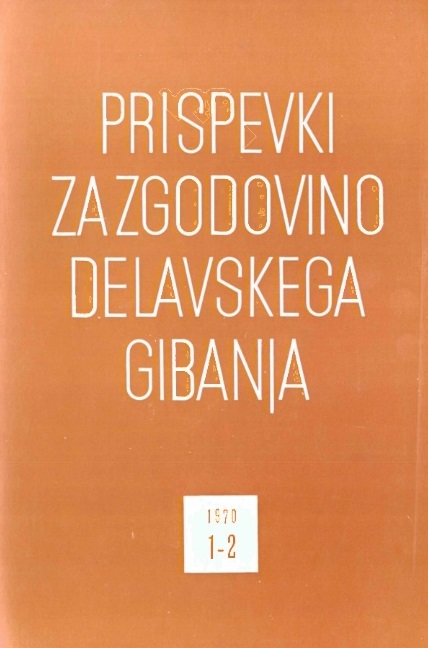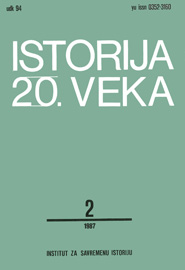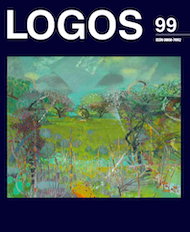ФОЛЬКЛОРНО-ЕТНОГРАФІЧНА СКЛАДОВА АРХІВУ МИХАЙЛА КОМАРОВА
In Ukrainian folklore regional study of oral folklore most distinctly manifested in the practice of local gatherers grouping archival collections of folklore. A regular gathering, printing and studies of folklore have to XIX – early XX century – the formation and development of folklore as a scientific discipline.A significant contribution into ethnography development was made by Mikhail Komarov (1844-1913) - outstanding bibliographer, critic and literary scholar, a talented organizer and known public figure, one of the founders of Odessa «Prosvita» organization (1905-1907). Mikhail Komarov, a lawyer by education he got after graduating the Law Faculty of Kharkov University (1867), always paid attention to the folk art, national idea and believed in the historical perspective of the people.Still since his student days was interested in the spiritual heritage of the people, its songs, thoughts, carols and other forms of folklore. Combining studies at the University with obligations national teacher in the village Havrylivtsi (now Barvenkovsky district Kharkiv region), began here to collect Ukrainian oral folklore, recorded songs, thoughts, carols. The article «Two Variants of South-Russian Duma of Savva Chaly» in «Yekaterynoslavs’k province news» (1865, № 22) was the first publications M. Komarov.During next years of studentship Komarov continued to make records of folklore, adding to his previous collection of songs, carols and others. Part of folklore materials were reflected in the orderly him «Nova zbirka narodnyh malorus’kyh prykazok, prysliv’yiv, pomovok, zagadok i zamovlyan’» (Odessa, 1890). It was a significant work of Komarov, published in Odessa period of his life. Besides his own collected material included to «Nova zbirka...» some additional content was sent by many of his friends and acquaintances. In particular, at his request have responded: O. Pchilka, C. Neumann, B. Chaychenko (alias B. Grinchenko), E. Hanenko, O. Konys’kyy and others.In Komarov’s records are saved considerable number of proverbs and sayings, riddles and of spells collected in different parts of the country. There are a number of different genres of songs – social, ceremonies and cossack, love, wedding, humorous al., recorded by in Podillya and Tavria. Folklore and ethnographic sources that kept and increased by Mikhail Komarov – an outstanding acquisition not only Ukrainian, but also all Slavic folklore. This is a reflection of Ukrainian folk art in its genre variety, a large number of samples (archival Komarov them are about 3000) and wide area – a Tavria, Halychyna, Podillya and Slobozhanshchyna.Because these samples of folk art reflects the world view of the people of that time, his work, life, family and social relationships, communication with nature, reflected the local language and cultural differences. So folklore-ethnographic component of M. Komarov records has considerable value not only folklore but for the ethnographic and historical sciences, literature, art history and linguistics. The collected by him and his correspondents array of ethnographic material is a valuable primary source for the study of folklore process late XIX – early XX century.
More...
